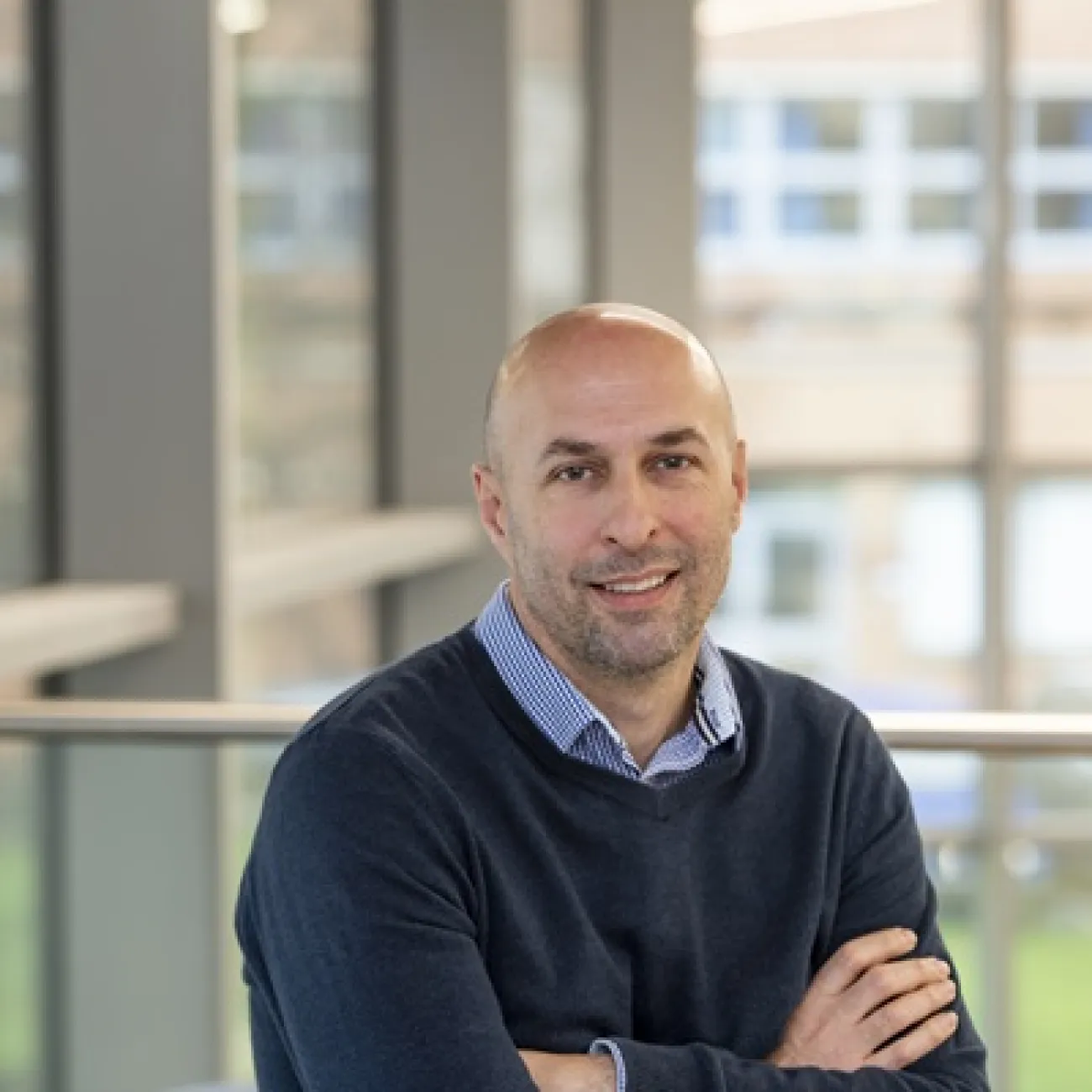Research
Research groups
Current research
Monoclonal antibodies (mAb) have become established in the treatment of a variety of malignancies - transforming patient outcomes. Despite this undoubted impact, responses remain variable and their mechanisms of action and of tumour resistance are controversial. The Beers research group is interested in how antibodies work to result in tumour regression. The research is currently focused on how the tumour microenvironment, particularly macrophages, affect effector function and how this could be manipulated to enhance antibody efficacy in patients. They have built a portfolio of complimentary models incorporating in vitro 3D modelling, appropriate in vivo model systems and primary clinical material.
1. Manipulating tumour microenvironment and effector function to enhance antibody therapy
Antibody immunotherapy relies predominantly on activatory Fc-gamma-Receptors (FcγR) expressing macrophages for effector function. However, tumour associated macrophages have a pro-tumour, anti-inflammatory phenotype associated with a poor prognosis and response to a variety of therapeutic interventions. The understanding of how macrophages are manipulated by tumours in vivo and how they may be re-programmed to augment mAb immunotherapy is a critical area of study where data is currently lacking.
2. How antibodies that directly target tumours induce therapeutic responses and may be augmented by other reagents
This area of research concerns a continuing interest, how monoclonal antibodies (mAb) achieve their therapeutic success. This concerns a variety of tumour targets and in particular the anti-CD20 mAb rituximab which is one of only a handful of mAb that have proven efficacious in the clinic. Our focus has been to delineate the key effector mechanisms employed by anti-CD20 mAb in vivo. Antibody mediated immunotherapy is purported to have three main mechanisms available for activity; complement dependent cytotoxicity, induction of programmed cell death and Fc:FcγR effector functions but we have recently demonstrated that only the latter is required for the depletion of normal B cells in vivo. We have found that some mAb lead to the internalisation of CD20 from the B cell surface and that this modulation has two concomitant effects; firstly it reduces effector cell mediated cell clearance and reduces the half-life of the antibodies in vivo. We have extended this work to encompass a range of lymphomas and found a correlation between internalisation and disease susceptibility to Rituximab therapy such that CD20 was rapidly internalised from the surface of most primary CLL (chronic lymphocytic leukaemia) and MCL (mantle cell lymphoma) cells, thus limiting engagement of anti-tumour effector mechanisms. Far less internalisation was observed in the majority of FL (follicular lymphoma) and DLBCL (diffuse large B cell lymphoma) samples, which may relate to their better clinical responses to rituximab.
3. The requirement for Fc receptors and effector cell interactions for immunomodulatory mAb
These antibodies represent a new and exciting branch of immunotherapy where the target cells for the therapy are not the tumour itself but effector cells of the innate and adaptive immune system. These mAb are able in this way to harness and redirect the powerful capabilities of the patient’s immune system to fight the cancer itself. We have found that the mAb isotype best able to elicit strong immunostimulatory signals and therapy differ markedly from that required for conventional targeted mAb therapy as typified by rituximab. Using a variety of models unique to Southampton we are currently dissecting the mechanisms and cells required for their activity and therapeutic efficacy.
The research group currently comprises; Dr Charles Birts, Against Breast Cancer Lecturer in Antibody Therapeutics (a joint appointment with Professor Max Crispin, Biological Sciences), four postdoctoral fellows, two research technicians, nine PhD students, and two clinical fellows.
Funding: Against Breast Cancer, Cancer Research UK, National Institutes for Health, Willberry’s Research
https://www.southampton.ac.uk/research/institutes-centres/centre-for-cancer-immunology
